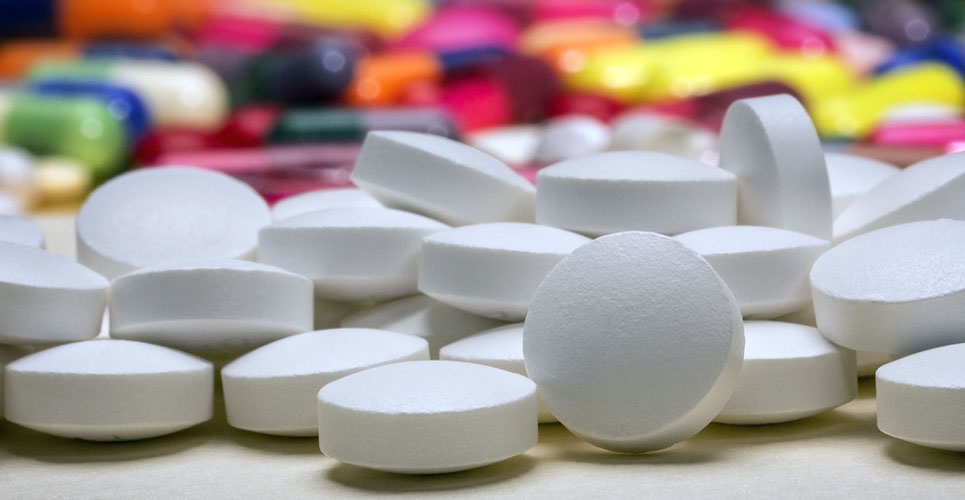teaser
A study claims to find no evidence that the recent increase in numbers of “authorised” generic medicines has caused delays to the entry of copycat treatments onto the US market.
Authorised generics are brand-name products repackaged and distributed by a generics manufacturer, or a subsidiary of a brand-name drugmaker. They are able to compete in the market during the 180-day exclusivity period awarded to the first generic company that challenges a brand drug’s patent.
The study, by researchers at Massachusetts Institute of Technology’s School of Management and Analysis Group, also says US consumers are likely to benefit from the market entry of authorised generics because of the lower prices during the 180-day exclusivity.
The study’s findings have been welcomed by the Pharmaceutical Research and Manufacturers of America (PhRMA). Policy and research vice-president Lori Reilly said the findings showed that rather than harming competition, authorised generics were increasing competition and helping lower prescription-drug prices for patients. “As a result, proposals to restrict authorised generics would reduce consumer savings,” she said.
However, representatives of the generics industry have attacked the study as a “disingenuous” attempt to devalue the 180-day exclusivity period. “No one should be fooled by PhRMA’s latest attempt to pull the wool over consumers’ eyes,” said Kathleen Jaeger, chief executive of the Generic Pharmaceutical Association. She said that while the 180-day period was created by the US Congress under the Hatch-Waxman Act to spark competition and increase availability of safe and affordable generics, brand companies were increasingly deciding to circumvent Congressional intent by bringing authorised generics to market.
“Brand pharma is simply focused on abusing every loophole it can find in search of greater profits and to maintain a brand-name drug monopoly. They know the more they devalue the 180-day generic exclusivity provision, the less of a chance generic companies will undertake questionable patent challenges in the future,” she said.
If allowed to remain unchecked by Congress, authorised generics could severely curtail future patent challenges, which would allow brand companies once again to “evergreen” patents, said Ms Jaeger, who called on Congress to close the authorised generic loophole and “restore the careful balance achieved by the Hatch-Waxman Act”.
PharmaTimes 24/4/2007

